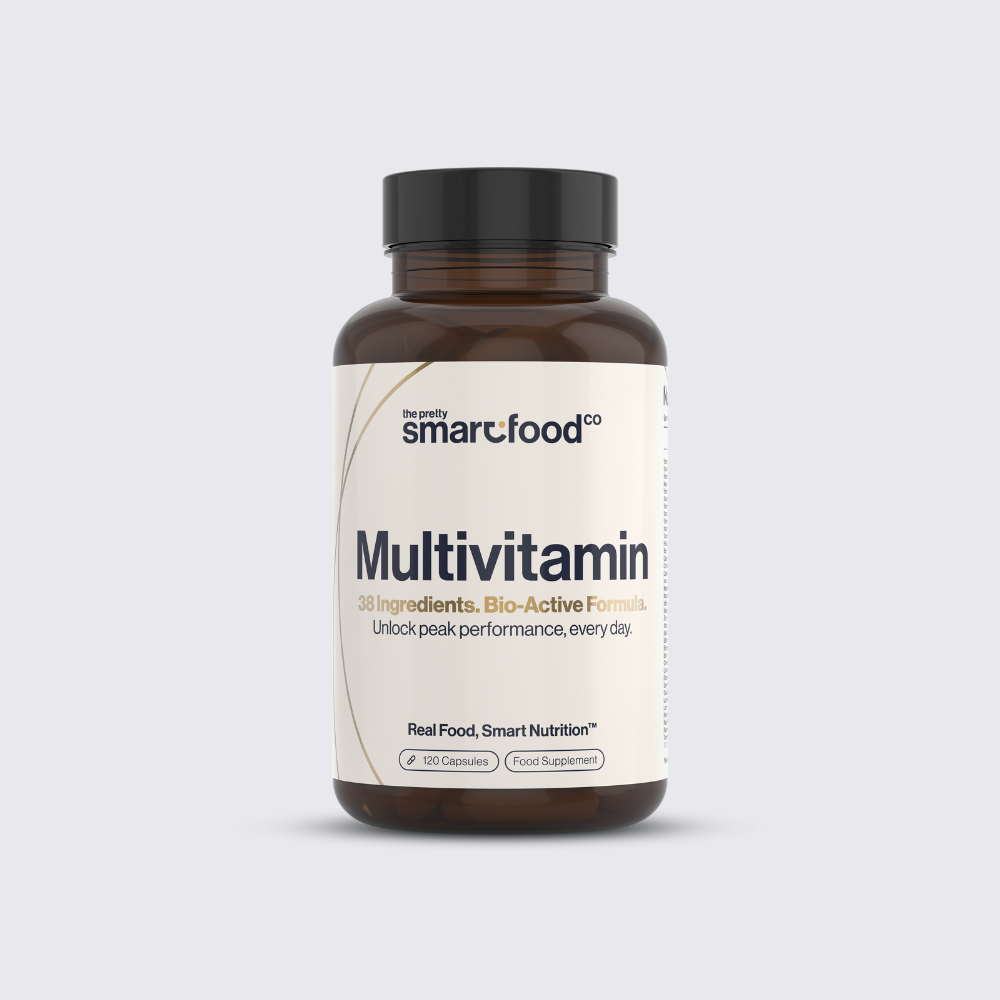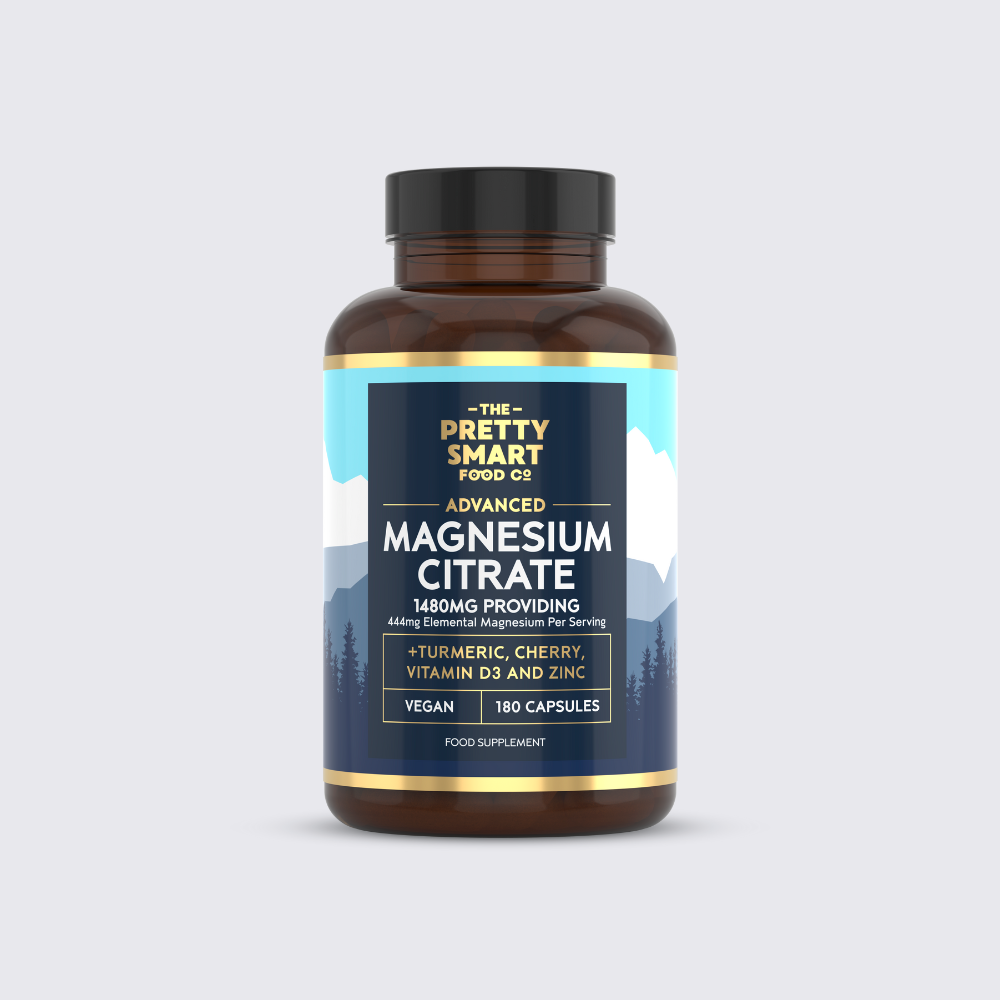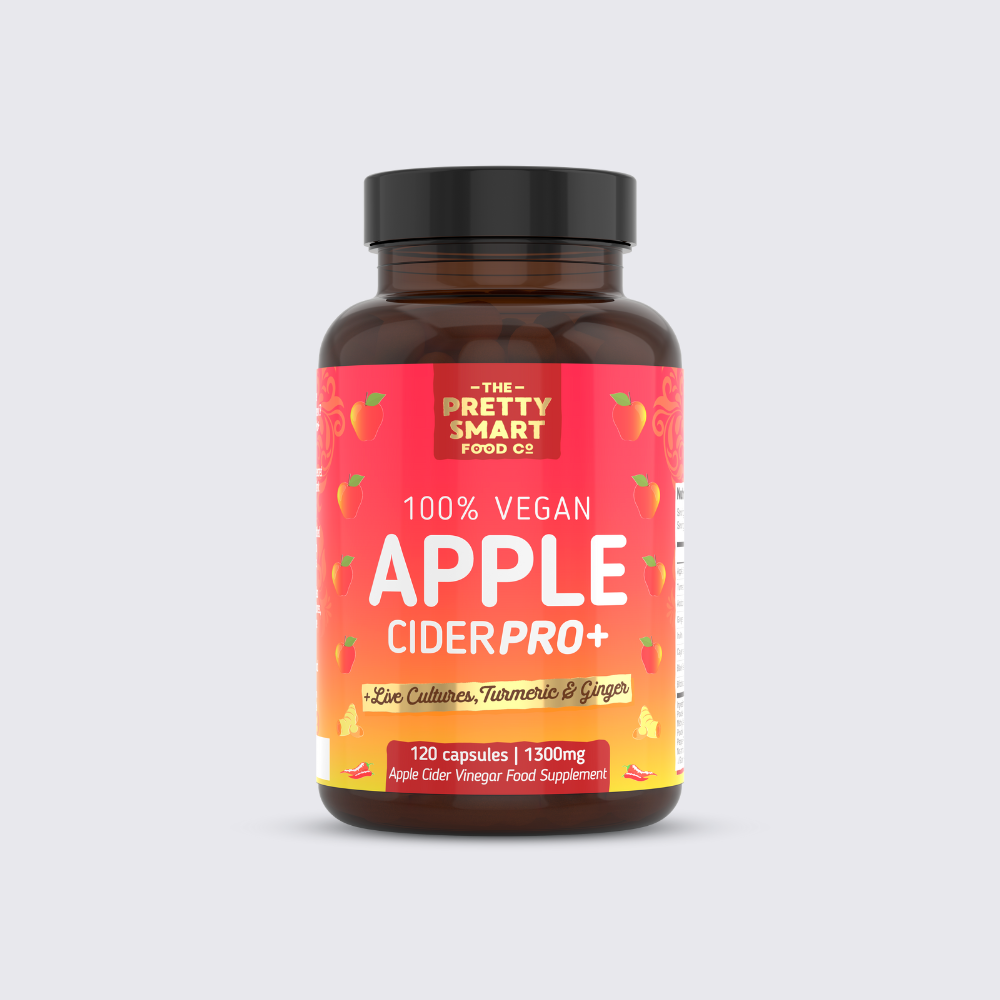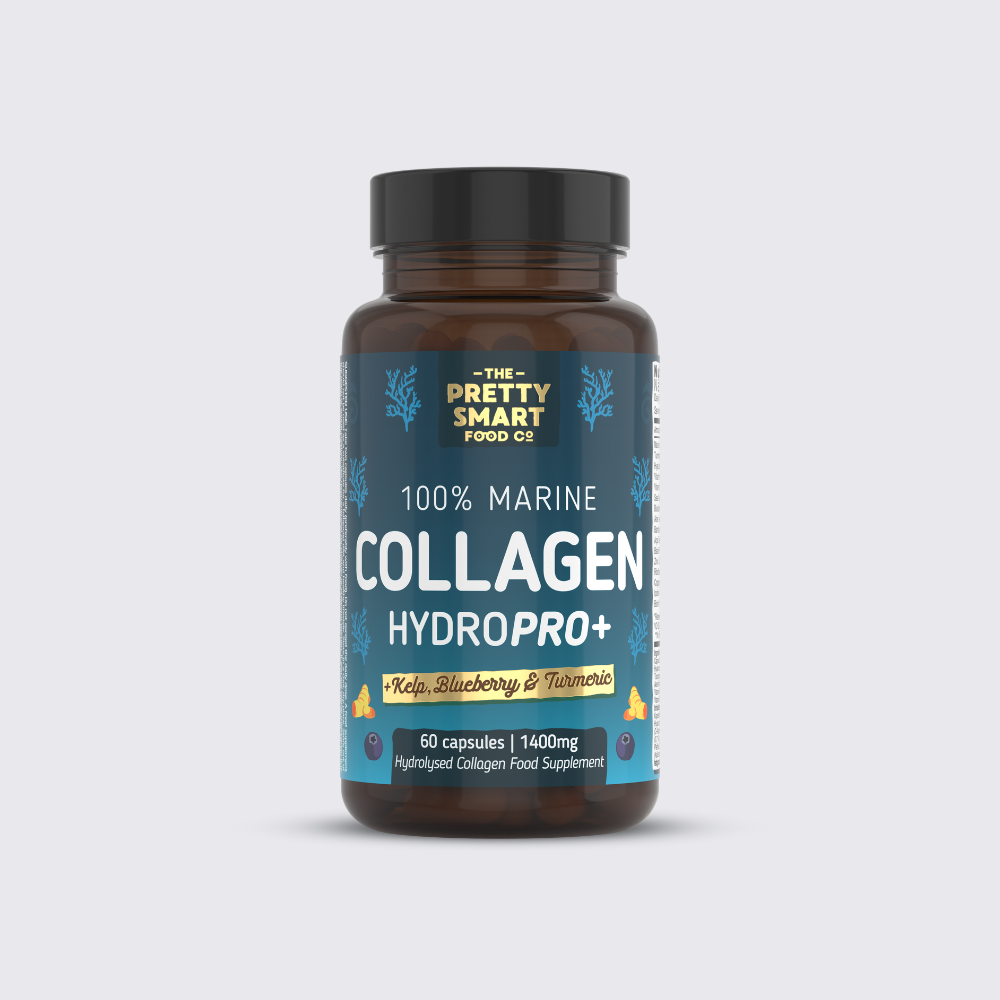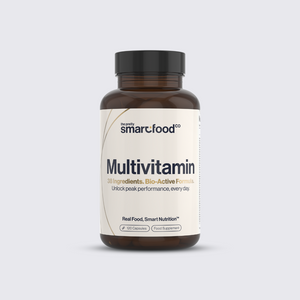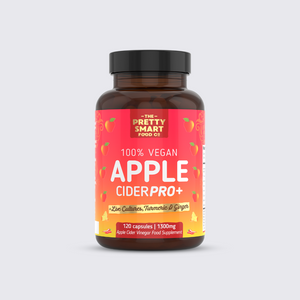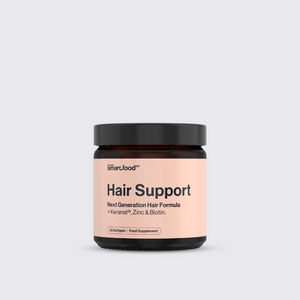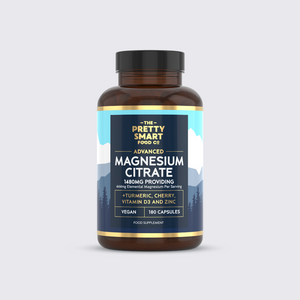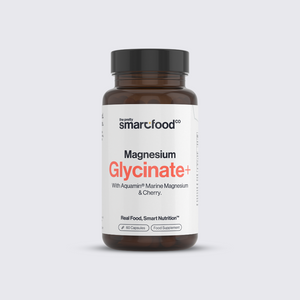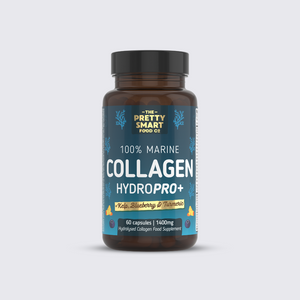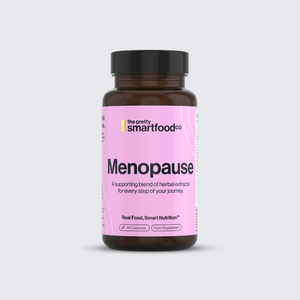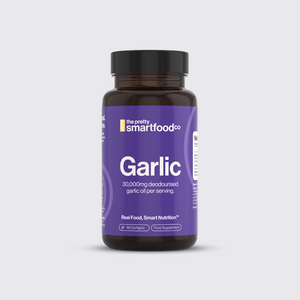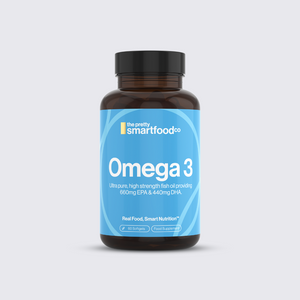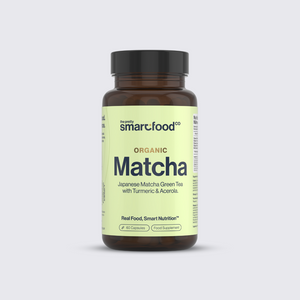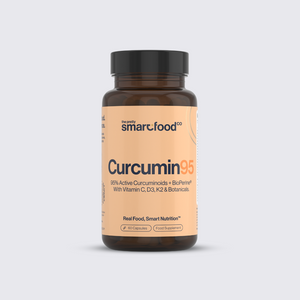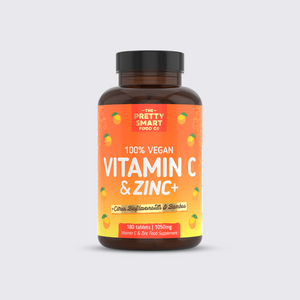
Collagen: Is this the supplement for building stronger muscles and joints?
Share
Collagen has a prominent place in the beauty industry, but are we giving it enough focus in the world of fitness?
What is collagen really?
Collagen is the most abundant protein in the human body, which is found naturally in our bones, muscles, skin, and tendons. It accounts for more than one-third of your body's protein content and about three-quarters of our skin - making it an essential protein that holds us together and a vital component for our health.
Collagen is naturally produced our bodies. However, studies have shown that this tends to slow down with age, starting as early as in our 20s. Other factors that can contribute to this are poor diets, exposure to smoking, pollution and UV light, which means our body has to work much harder to keep our collagen levels at their optimal level.
Collagen is to our bodies what bricks are to buildings. These proteins are crucial building blocks of our body, so stepping up to take collagen supplements is similar to fixing up a building with cement since collagen works in the same way for our bodies by helping us strengthen our muscles efficiently and effortlessly.
Can collagen help us build strength?
Though collagen is trending in anti-ageing skincare and hair products, it is also crucial in helping us maintain and rebuild muscle as 1-10% of collagen is found naturally in our muscles. With age and intense fitness, our muscles go through a rigorous process of damage and healing, thus supplementing collagen is essential to help speed up this process.
The risk of developing joint disorders such as osteoarthritis and bone weakening conditions such as osteoporosis increases as our body deteriorates with age. But research shows that collagen can be useful in the effective treatment of these issues, helping you reduce the risk of their development and/or improving their symptoms. This could mean collagen could also have a place in individuals who do not necessarily suffer from these conditions, but experience joint pain or inflammation or problems with mobility.
Another 2013 study from the Journal of the International Society of Sports Nutrition also showed that 40mg of type II collagen daily led to improvement in knee joint mobility and reduced discomfort during intense exercise.
So is collagen worth the hype when it comes to joint care?
Adding protein to your diet should go some way to increasing your collagen levels. However, this may be a struggle for vegans, vegetarians, or those who do not eat well consistently or whose lifestyles could be hastening the depletion of collagen. Hence, it may be the right choice to make collagen a part of your lifestyle.
Plant-based collagen supplements can help but they have been designed to provide your body with collagen-boosting ingredients to stimulate your body’s own production, rather than collagen itself. These might not be helpful to those who are already struggling with poor digestion or those whose bodies are naturally not producing as much collagen anymore.
Studies are showing promise in the use of collagen to support joint and muscle care, especially for older individuals or athletes. With the incredible number of collagen products being released to market recently, there is no question that demand has increased and this is no longer for just skin and haircare alone. While we may not need collagen support in our younger years, getting into the habit of collagen supplementation early on will help our bodies adapt to regular intake and keep our collagen levels topped up where we need them the most.
Adding collagen to your diet
Our Hydrolysed Marine Collagen HydroPro+ capsules are ideal for those looking to ease painful joints or assist with muscle repair and healing. Taking two pills a day boosts your body with 1000mg of marine collagen and added turmeric, which has been shown to assist with joint inflammation.
References:


